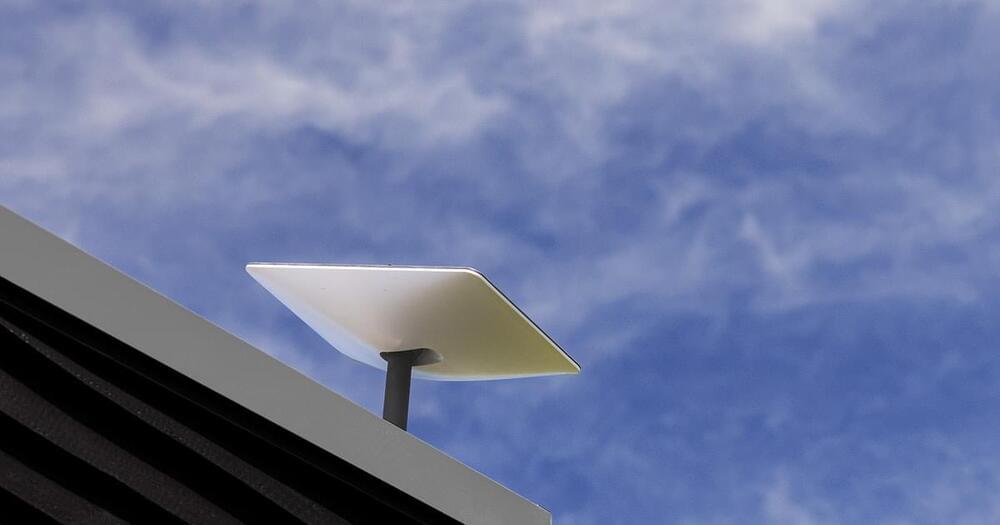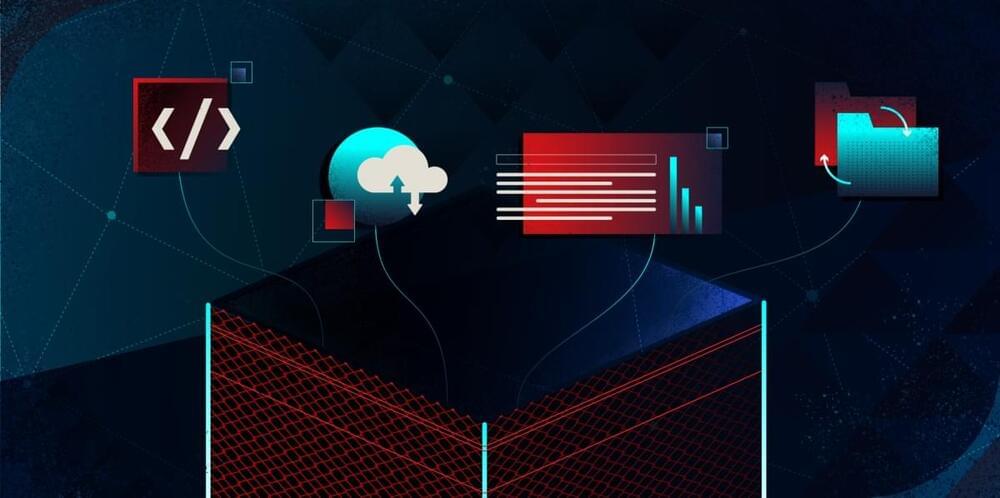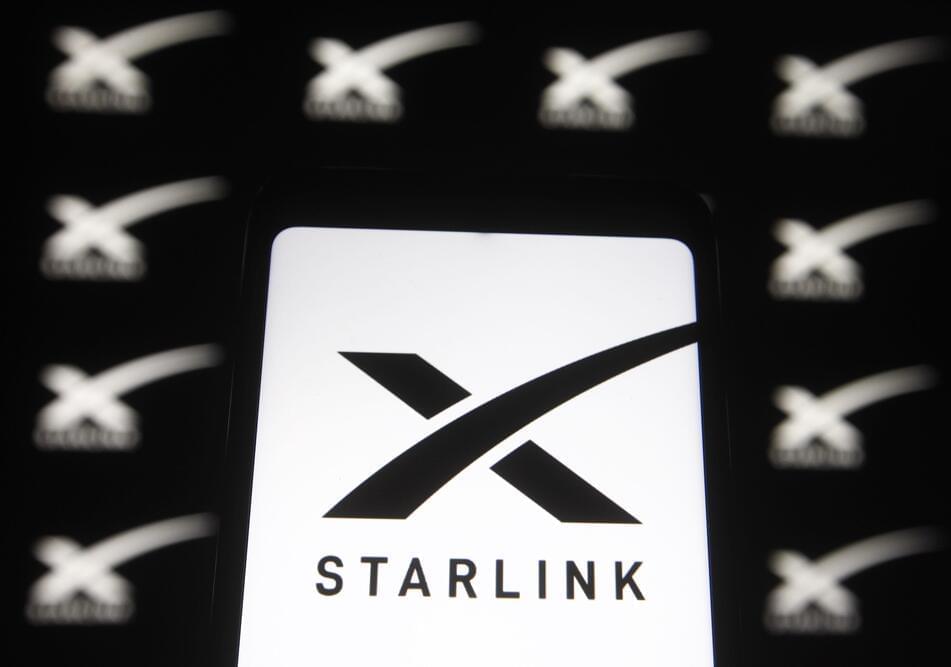A hundred years of physics tells us that collective atomic vibrations, called phonons, can behave like particles or waves. When they hit an interface between two materials, they can bounce off like a tennis ball. If the materials are thin and repeating, as in a superlattice, the phonons can jump between successive materials.
Now there is definitive, experimental proof that at the nanoscale, the notion of multiple thin materials with distinct vibrations no longer holds. If the materials are thin, their atoms arrange identically, so that their vibrations are similar and present everywhere. Such structural and vibrational coherency opens new avenues in materials design, which will lead to more energy efficient, low-power devices, novel material solutions to recycle and convert waste heat to electricity, and new ways to manipulate light with heat for advanced computing to power 6G wireless communication.
The discovery emerged from a long-term collaboration of scientists and engineers at seven universities and two U.S. Department of Energy national laboratories. Their paper, “Emergent Interface Vibrational Structure of Oxide Superlattices,” was published January 26 in Nature.








